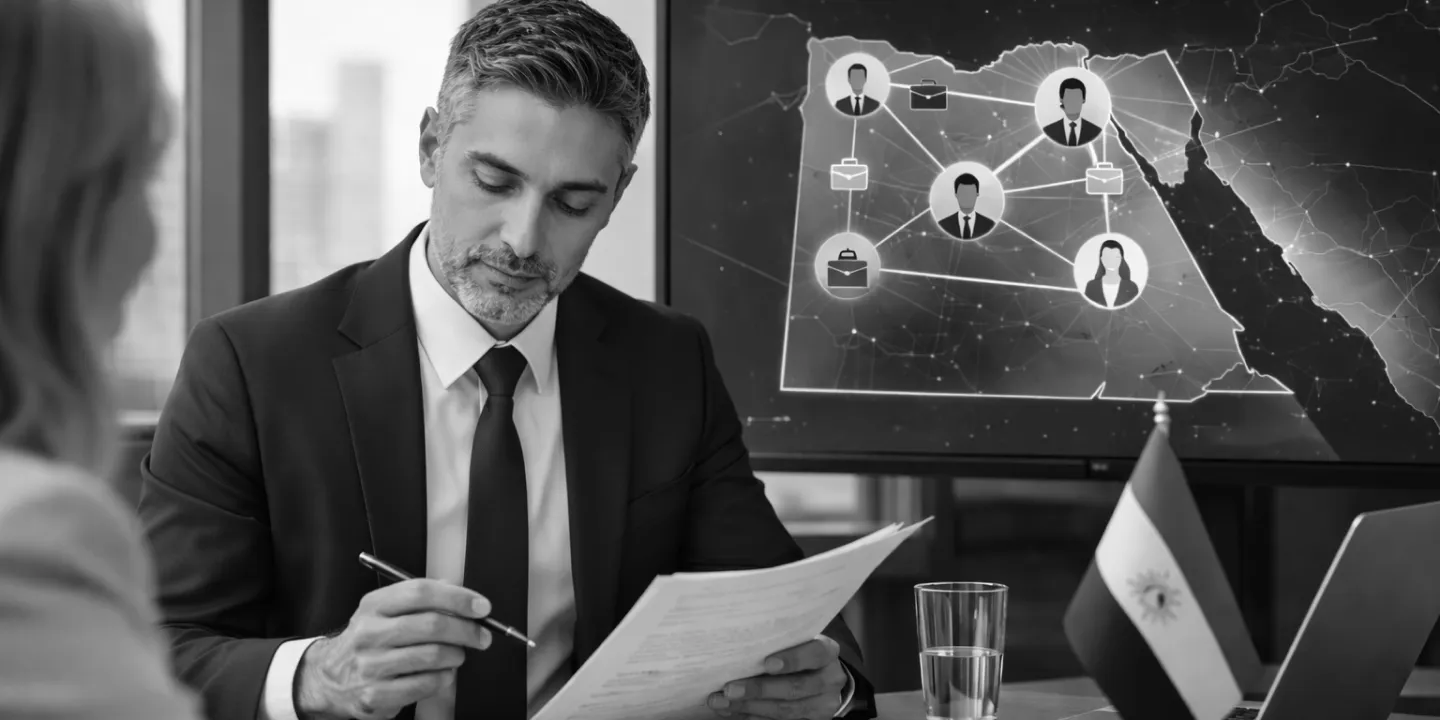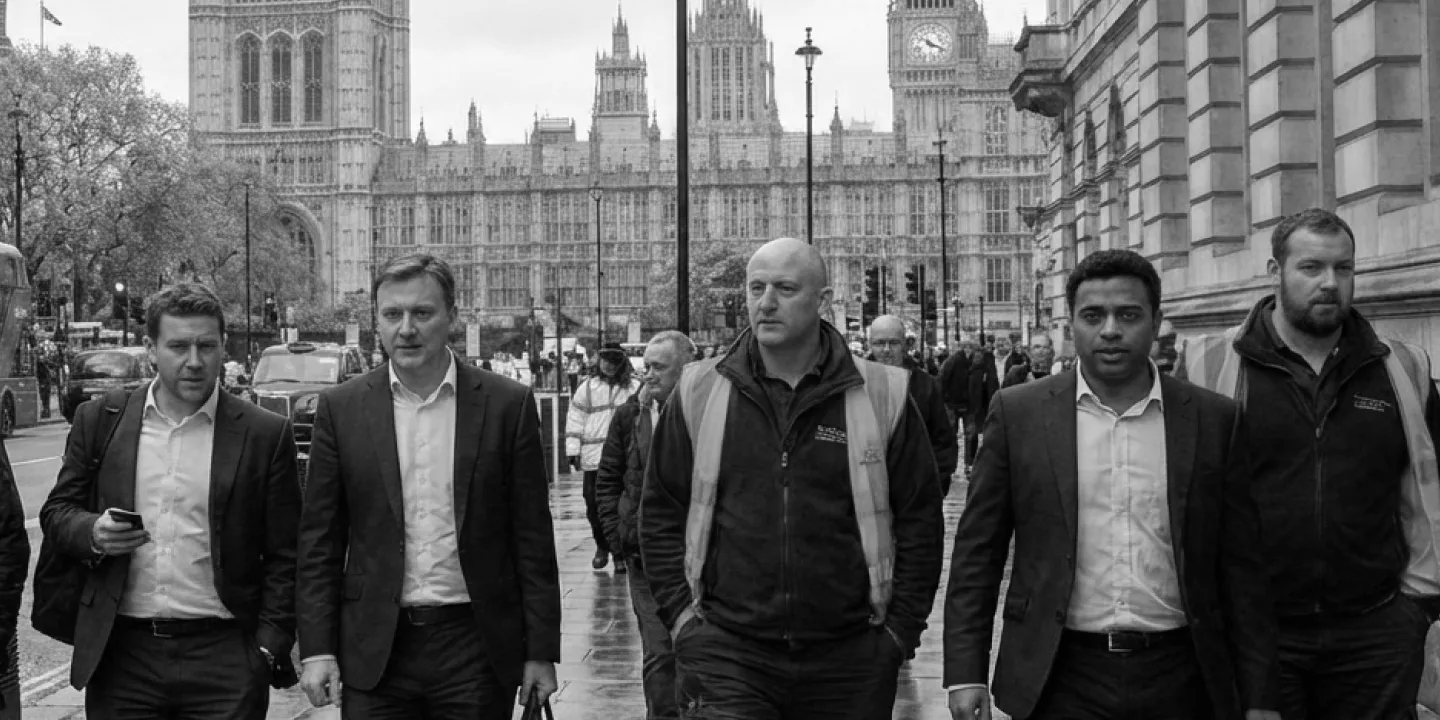What Does an EOR Do? A Complete Guide

Key takeaways
- An employer of record (EOR) is a legal employment option for companies or nonprofits that are expanding into a new country or region where they don’t currently have a legal entity.
- An EOR can help you legally employ people in your own country or a country you currently do not have an entity in.
- Unlike a professional employer organization (PEO) or using your own entity, EORs assume the full risk for hiring, paying, and legally employing your workers.
- EORs are a great solution for companies that want to employ remote workers around the globe, need to quickly convert contractors or ensure compliance, or simply wish to reduce their risk and administrative burden.
Employer of Record (EOR) meaning
EOR means “employer of record,” which is a company that is legally employing workers on behalf of another company. The company working as the EOR takes on functions like hiring, payroll, and benefits administration, and ensures that these functions are legally compliant with local laws. This is especially helpful for organizations that would like to hire employees in countries where they don’t currently have a presence.
In most cases, the EOR has already set up a legal entity in the expansion country. Therefore, partnering with an EOR not only gives companies and nonprofits a way to employ workers legally, but it can also save time and costs when entering (and leaving) new markets.
How an EOR works
EORs allow organizations to hire international employees in full compliance with local laws. They function similar to staffing agencies, but they focus on global employment, with in-country entities that allow them to legally employ people around the world.
EORs allow you to remain nimble and take on less risk, while they take care of workforce compliance. EORs hire and pay employees on your behalf, and full-service EORs can also provide services like recruitment, benefits administration, payroll, local HR support, and onboarding.
What are the different types of EOR providers?
Full-service: Full-service EOR providers like Safeguard Global have both technology platforms and in-country experts to support you when you need it. The platforms help companies manage their global workforce, see people analytics, and store employee information in a centralized, secure location. In-house experts provide legal, HR, and sometimes even financial expertise. These experts are usually located around the world, in the many localities that the EOR provider has entities.
Self-service: Usually less expensive than full-service models, self-service models are more reliant on technology platforms. When using a self-service EOR platform, you may be required to use pre-made templates and other tools that rely on your own expertise and personnel for issues like HR support, benefits administration, onboarding, and off-boarding.
Broker/dealer: Sometimes called an “aggregation model,” this type of EOR provider brings together numerous third-party vendors to supply employer of record services.
What services does an EOR provide?
Recruiting: While most EOR providers do not include recruiting services, Safeguard Global is unique in that it also offers the ability to combine recruitment with EOR. This allows you to leverage their local expertise to find top talent internationally and offer compensation that’s competitive in that market.
Hiring: Employees are hired directly by the EOR, then go to work for you. The EOR ensures that hiring practices, benefits offered, and employment terms and practices all abide by local laws.
Onboarding: EORs conduct administrative tasks like providing employment contracts and administering background checks. Ideally, they should also help explain to your workforce the meaning and purpose of an EOR, which decreases confusion and turnover.
Payroll: When it comes to pay, you determine your employees’ pay level, bonus amount, or anything else that has to do with compensation. An EOR is responsible for administering this pay in whatever country your employees are working in and doing so in a way that is compliant with all local laws regarding employment, privacy, benefits, and taxes.
HR support: Working with an EOR means more than just paying your employees in full compliance. Safeguard Global also provides local HR support including benefits administration, holiday calendar creation, and other functions of an HR team.
Offboarding: While you are responsible for conducting performance reviews, creating employee goals, and initiating any needed terminations, an EOR also helps you successfully offboard employees who are leaving.
How much does an EOR cost?
The cost of an EOR varies by provider, but most providers use either flat-fee or variable pricing. With flat-fee EOR pricing, you pay a set fee on a regular schedule, such as every month or every year. With variable pricing, you pay a per-employee rate.
The benefits of an EOR
Faster setup speed: Partnering with an EOR means that you can have workers in a new country in as little as two days — much faster than if you had to establish your own legal presence, which could take three to six months (or longer). EORs are also useful for quickly converting contractors to fully compliant employees.
Less expensive: Partnering with an EOR can be significantly less expensive than setting up your own entity. And with a reputable provider like Safeguard Global, you also don’t have to worry about unexpected or hidden fees.
Less risk: Since employees are legally hired and paid by the EOR, the EOR assumes responsibility and risk of full compliance with local When vetting an EOR, make sure to check that they are 100% compliant.
Global reach: Partnering with an EOR means access to a diverse talent pool. With Safeguard Global, your team can work from nearly 190 countries in full legal compliance.
Expert guidance: With a full-service EOR, you can get expert advice on which countries are best for hiring based on your organization’s needs, specialization, and available talent pools.
Access to tech: Most employers of record include a workforce management platform to help you oversee your workforce. These platforms may include secure document storage, labor cost breakdowns, and other workforce analytics.
Employee support: A full-service EOR can provide HR pros who live in your employees’ time zone and speak their native language. This not only ensures that you abide by local customs like taking off the correct holidays, but it also gives your team members a point of contact who better understands them.
What is an EOR vs a staffing agency?
An EOR is similar to a staffing agency in that it is the legal employer of the workers it has hired on your behalf, while you control every other aspect of your team. However, an EOR is usually a more permanent solution, with different fee structures. While EORs can be used in your home country, they specialize in global employment. For example, they might support a corporation with remote workers all over the globe, a nonprofit that needs to hire legal workers in a country where they just received a grant, or a company that’s expanding into a new country. The experts at a full-service EOR provider may also advise companies on which countries are best for expansion based on what type of workforce a client needs.
What is an EOR vs a PEO?
An employer of record (EOR) is similar to a professional employer organization (PEO) and the two are easily confused. (It doesn’t help that the term “international PEO” is sometimes used to describe EORs.) So, what’s the difference between a PEO and an EOR?
While an EOR acts as your legal entity — even in countries where you don’t currently have a presence — a PEO acts as your co-employer. This means that with a PEO, you need to have a legal entity in that country, and you share the risk and legal responsibility. Consult the chart below to learn more about the differences between EORs and PEOs.
Is a full legal employer: EOR✅ | PEO❌
Provides HR support: EOR✅ | PEO✅
Manages payroll: EOR✅ | PEO✅
Requires in-country entity: EOR✅ | PEO✅
Reduces liability and legal risk: EOR✅ | PEO✅
Immediate access to talent: EOR✅ | PEO✅
Can advise on hiring around the globe: EOR✅ | PEO❌
Easily employ global remote workers: EOR✅ | PEO❌
What countries can I use an EOR in?
You can use an EOR in almost any nation in the world — the number of countries is dependent on the provider. Keep in mind that some EOR providers might use third-party providers for certain countries, while others have their own local entities
What if I want to transfer employees from an EOR to my own entity?
Many companies use an EOR as an interim solution between employing contractors and setting up their own legal entity. Using a full-service EOR provider that also provides entity setup makes the transition between employment via EOR and direct employment easier, as the provider can then handle the transfer of data and payroll itself.
Is Safeguard Global an EOR?
Yes, Safeguard Global is an EOR provider — and a full-service one at that. We have our own entities in over 70 countries, more than any other EOR provider, which makes payment and workforce management even easier.
If you’re interested in partnering with an EOR or finding out more about how an EOR might help your organization, we’d love to speak with you. Contact us today to speak to one of our knowledgeable reps.
More Resources

Contact Us
Book a demo today
We’d love to learn more about your needs and show you how we can help. Submit the form and we’ll be in touch to schedule a personalized demonstration of our platform and services.
Schedule an appointment
Fill out the form to speak to a rep about how we can help your organization.






















